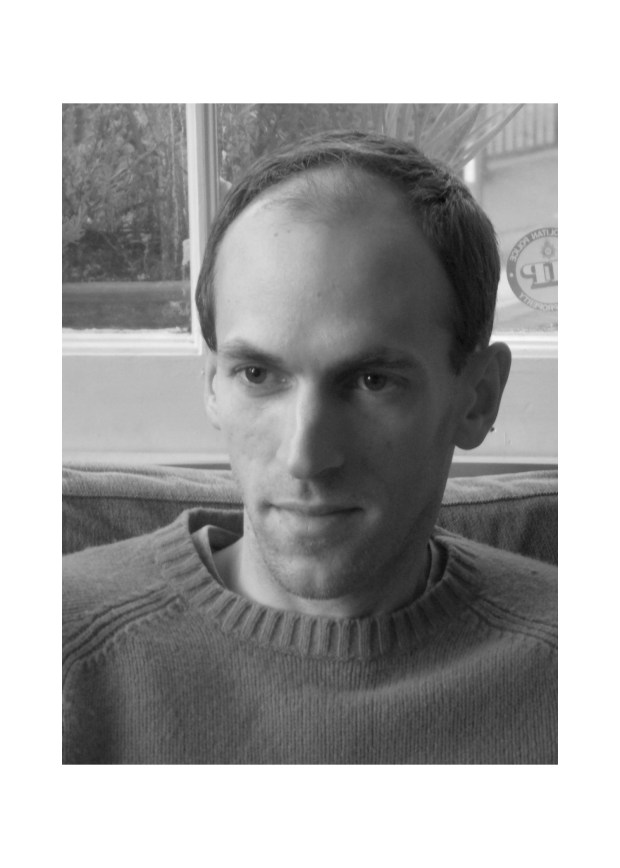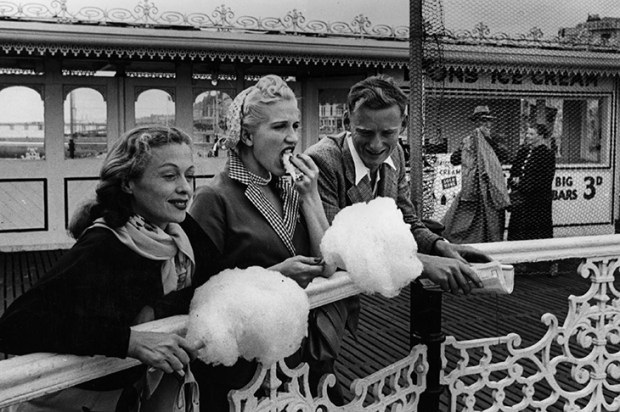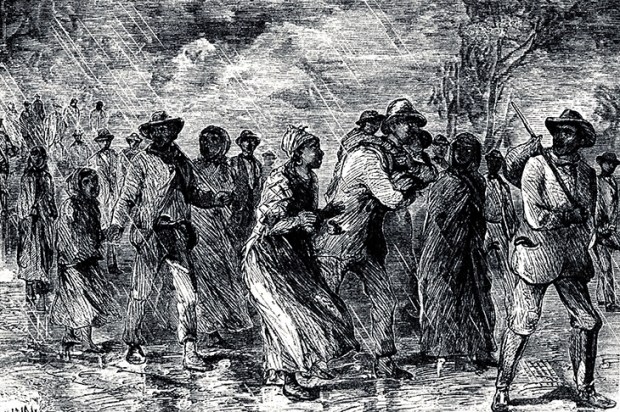At the time, I’m sure it all seemed absolutely hilarious. It was in 2012 that W.W. Norton first published The Lifespan of a Fact, co-written by the essayist John D’Agata and his one-time fact-checker Jim Fingal. The book consists of an essay by D’Agata, ‘What Happens There’ — which tells the story of the death of a 16-year-old, Levi Presley, who killed himself by jumping from the Stratosphere Hotel in Las Vegas — plus Fingal’s meticulous marginal notes and comments. (The essay was apparently written for Harper’s magazine in 2003, which rejected it because of factual inaccuracies: it was eventually published in the magazine The Believer, fact-checked by Fingal, in 2010.)
The book was a serious experiment in postmodern playfulness, a Socratic dialogue irl — there really was, it seems, a Levi Presley, who killed himself by suicide — and last year it became a Broadway play, starring Daniel Radcliffe, who interned at the New Yorker in order to get a feel for the whole fact-checking thing. Hence, presumably, the reissue of the book. Alas, what seemed very funny in 2012 now seems both all too familiar and utterly depressing.
‘I have taken some liberties in the essay here and there,’ writes D’Agata, justifying himself to Fingal, ‘but none of them are harmful.’ And: ‘I’m not running for public office. I’m trying to write something that’s interesting to read.’ In 2019, when the people who do run for public office — and who are indeed appointed to the highest public office — routinely lie and take liberties, the book seems more like the final rehearsal of some ancient arcane arguments than a daring exploration of the contested territory where truth meets lies. There is no longer any contest: the preening postmodern self-publicists won; all those dreary fact-checking gainsayers are the losers. Sad.
In the — presumably — fictionalised exchanges in the book, Jim comes across as level-headed and commonsensical, while John is a vain, bullying fool. Typical exchange:
Jim: To be honest, I suspect your ‘casual’ interviewing strategy is going to be a problem, because it means that we’re not going to have anything that can remotely come close to proving what you’ve written.
John: Well, it might be a problem, but with all due respect, it’s your problem, Jim, not mine. I’m not a reporter, and I have never claimed to be a reporter.
John may not be a reporter, but he’s believably smug and arrogant. Questioned at one point about his account of a police officer’s statement about Presley’s death, he responds: ‘I punched up his statement, but I think the basic gist is the same.’ Jim: ‘Punched up?’ Never mind punched up; by the end of the book you want to punch him out. Jim complains to his editor about John’s interviewing style:
I’ve never met John in person, so I can’t speak to his animal magnetism, but it sounds like he’s tooting his look-at-me-I-have-kind-eyes-and-am-so-empathetic-that-people-just-want-to-tell-me-their-stories horn.
That’s exactly the horn he’s tooting.
He also blows pretty hard on that hoary old all-truth-is-relative horn. And woe betide his interlocutor for challenging him for doing so: ‘Jim, seriously. Chill the fuck out.’ Basically, John has all the mental and emotional intelligence of a teenager who’s just read Philosophy for Dummies, and poor little Jim is like the history teacher who keeps insisting that there is indeed a difference between fact and fiction:
Jim, have you ever stopped to consider that maybe those aren’t the only two options available? That maybe there is a third (or even a fourth or fifth or sixth) alternative? That our understanding of the world can’t be categorised into either ‘fictional’ or ‘historical’ slots — with nothing in between?
Like all relativists, fantasists and fabulists, D’Agata is determined to have his cake and eat it: ‘Police statement vs police report — they’re basically the same thing. And since “report” sounds more precise, I’m leaving it.’ The sound of precision matters more than being precise.
According to Fingal, when Levi Presley jumped from the tower of the Stratosphere Hotel the coroner’s report stated that it took eight seconds for him to fall to his death. D’Agata claims it took nine: ‘I needed him to fall for nine seconds rather than eight in order to help make some of the later themes in the essay work.’ He ‘needed him to fall for nine seconds’. Does it really matter? Does it really matter if you lie — I don’t know, say — about kippers? Or the size of the crowd at your inauguration? Guys, seriously. Chill the fuck out.
Got something to add? Join the discussion and comment below.
Get 10 issues for just $10
Subscribe to The Spectator Australia today for the next 10 magazine issues, plus full online access, for just $10.
You might disagree with half of it, but you’ll enjoy reading all of it. Try your first month for free, then just $2 a week for the remainder of your first year.














Comments
Don't miss out
Join the conversation with other Spectator Australia readers. Subscribe to leave a comment.
SUBSCRIBEAlready a subscriber? Log in